Caring for Creation and the Common Good in the Lower Snake River Region
In this statement, the WSCC bishops urge policy makers to take deliberate action to care for creation and the common good in the Lower Snake River region. They also echo Pope Francis’ sentiment in Laudato Si’, stating that Indigenous communities should be the “principal dialogue partners” when developing a comprehensive plan for the region.
Read Caring for Creation and the Common Good in the Lower Snake River Region :

